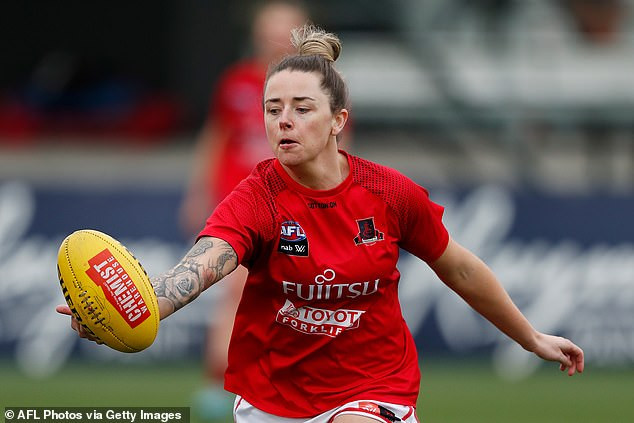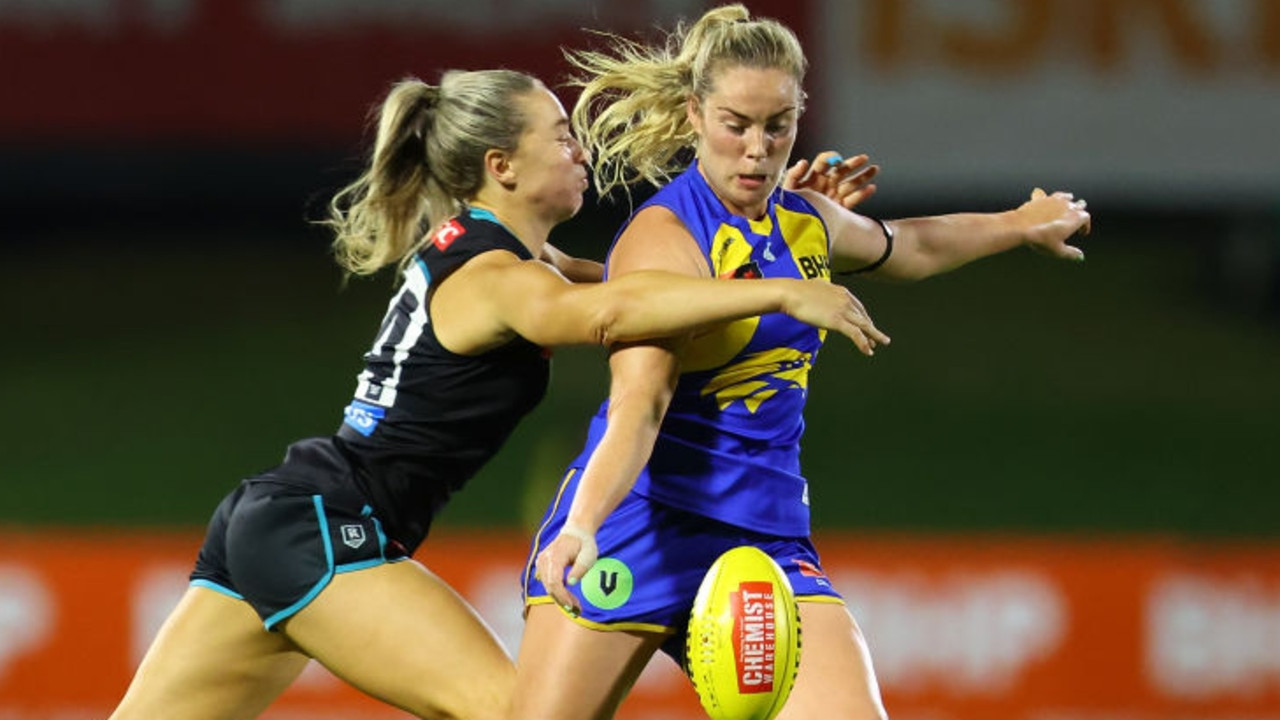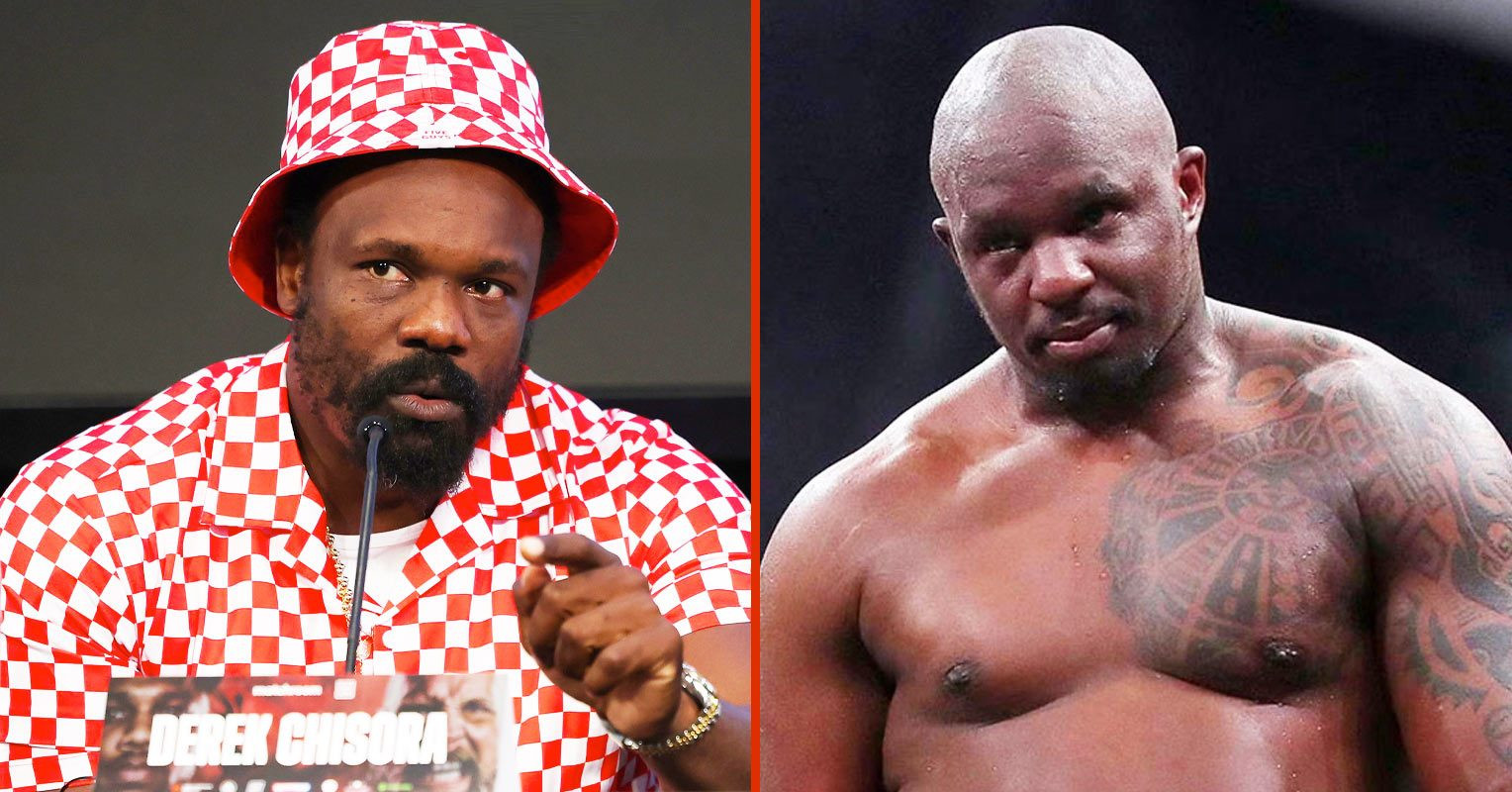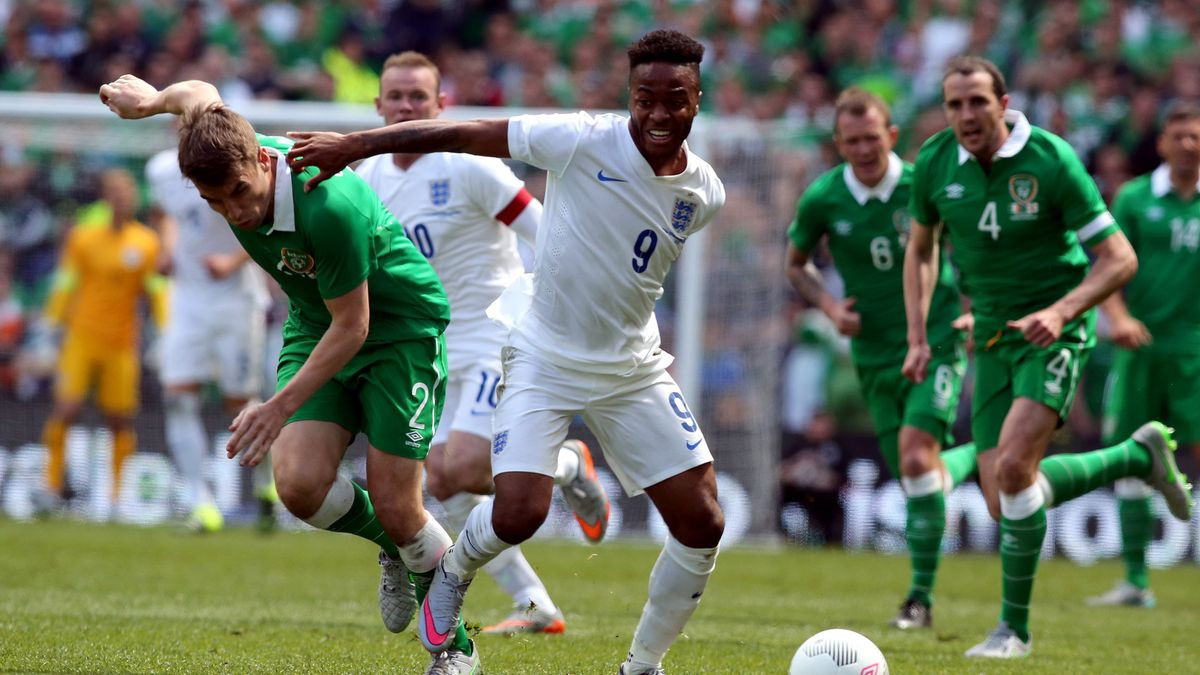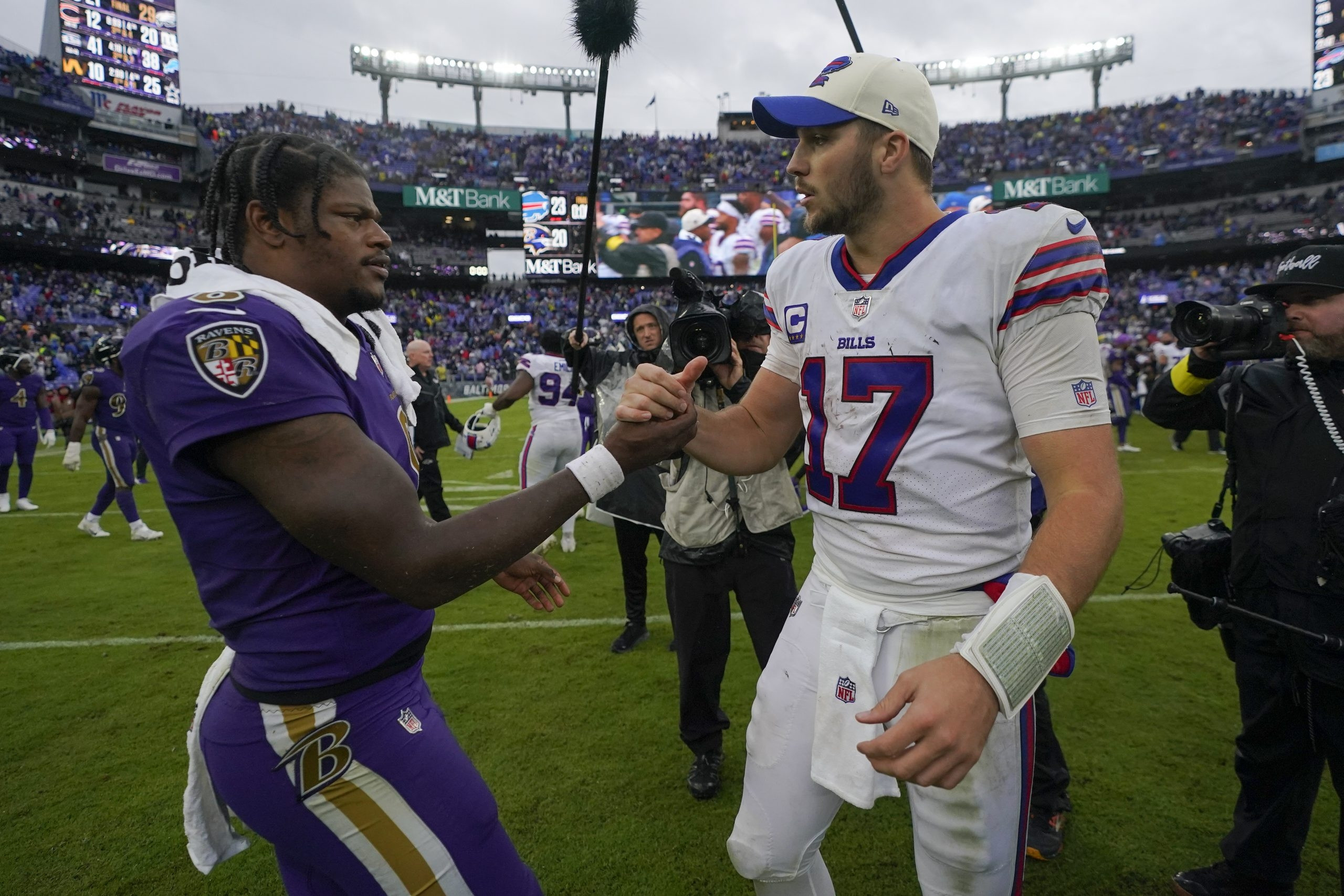Losing Her Best Friend, Finding Her Strength
Port Adelaide AFLW player Gemma Houghton lost her best friend to suicide three years ago. The tragedy left her struggling with her own mental health, prompting her to open up about her experience and advocate for greater support for athletes.
Houghton, a talented player in the AFLW, had been at the peak of her career when her friend, Nicholas Duff, took his own life. The loss of Duff, a young father just eight days away from his 30th birthday, sent Houghton spiraling into a dark period. "It was really hard for his parents, and they were just that week coming over to visit him from New Zealand…instead of coming over for what would have been a really happy holiday, [it was] unfortunately to find out that their son had passed away," Houghton said, her voice choked with emotion.
The impact of Duff's death was profound on Houghton. She struggled to sleep, haunted by "what ifs" and carrying a heavy sense of guilt. Her passion for the game waned, and she found herself withdrawing from her loved ones. "I just wasn't there; I struggled to find my passion and withdrew from my family. I didn't know how to deal with it," Houghton said, reflecting on her state of mind during that difficult period. The grief she experienced felt overwhelming, leaving her feeling lost and disconnected.
A Fresh Start, A Renewed Passion
Seeking a fresh start, Houghton moved to the Port Adelaide Football Club, the team she had supported growing up, in 2022. This move proved to be a turning point for Houghton, allowing her to heal and regain her love for the game. "To know you have support and loved ones around you is the biggest thing," she said, acknowledging the vital role the club and her teammates played in her recovery. She found solace in their support and began to see a path forward, rediscovering the passion that had been lost.
A Stark Reality: Female Athletes and Mental Health
A 2021 study conducted by Victoria University revealed a stark reality: female athletes are significantly more susceptible to mental health challenges than their male counterparts. The study, while involving a relatively small sample size of 39 participants, highlighted a troubling trend: two-thirds of female athletes surveyed reported experiencing a mild or more severe mental health condition. The study's findings also indicated that half of the athletes showed risks of clinical depression and 60 per cent had anxiety symptoms that were at least mild.
Factors Contributing to the Higher Risk
Professor Alex Parker, the Executive Director for Health and Sport at Victoria University, pointed to a number of factors contributing to the higher risk of mental health issues in female athletes, including exposure to sexual harassment, challenges around parenting, sexualisation on social media, and the pressures associated with the gender pay gap. "I think what we've become aware of is that just like community members, elite athletes have a similar risk of diagnosable mental health conditions, but some of the stressors that exacerbate that or things that could make that experience more difficult are sport specific," Professor Parker said.
The Importance of Mental Health Support
Houghton's story underscores the crucial need for mental health support for athletes. While many organizations have implemented mental health strategies, Professor Parker emphasized the importance of creating a supportive environment that encourages open dialogue and reduces the stigma associated with seeking help. "There's still some, I guess, hesitancy and potential self-stigma about reaching out for help, particularly around confidential issues such as mental health and also a sense or a perception by the athletes that that may impact on their selection for their sport as well," Professor Parker said.
Breaking Down the Stigma, Empowering Athletes
Houghton's decision to share her story has been a powerful step in breaking down the stigma surrounding mental health in the sporting world. She wants athletes to know that it's okay to struggle, to ask for help, and to prioritize their mental well-being. "Everyone struggles, whether you play football or you don't," she said. "I think just to know that you have support and that you can have loved ones around you is the biggest thing." She believes that sharing stories like hers can empower others to seek the support they need and to find their own strength in the face of adversity.
A Message of Hope and Resilience
Houghton's journey is a testament to the power of resilience and the importance of seeking support. Her message to other athletes and fans is one of hope and encouragement: "Sometimes life can suck and it can be really hard, but just know that the sun will always come up and you will get through it. And I think that's the power in sharing your story. Everyone has one. And I think if you can share it, people then can relate to it and it will help them get through it because they realize that, you know, life isn't perfect and it's not meant to be." She emphasizes that using challenges as a tool for growth can lead to a stronger and more resilient self.
Houghton's willingness to be vulnerable and share her story has not only helped her heal but has also empowered countless others. Her message serves as a powerful reminder that mental health is a critical aspect of overall well-being, and that seeking support is a sign of strength, not weakness.
A Legacy of Strength and Support
Through her advocacy and her story, Houghton has become a beacon of hope for athletes and fans alike, reminding us all that mental health is a vital aspect of our overall well-being. Her journey is a testament to the power of resilience, the importance of seeking support, and the transformative impact of sharing our stories. She has created a legacy of strength and support, paving the way for a future where mental health is prioritized and discussed openly and freely. Houghton's message is clear: It is okay to struggle, it is okay to seek help, and together, we can create a world where everyone feels empowered to prioritize their mental health.




